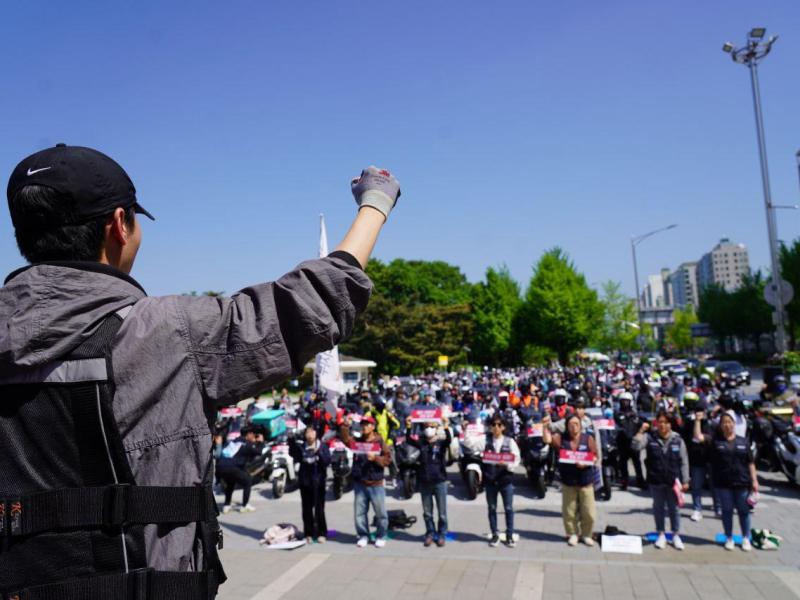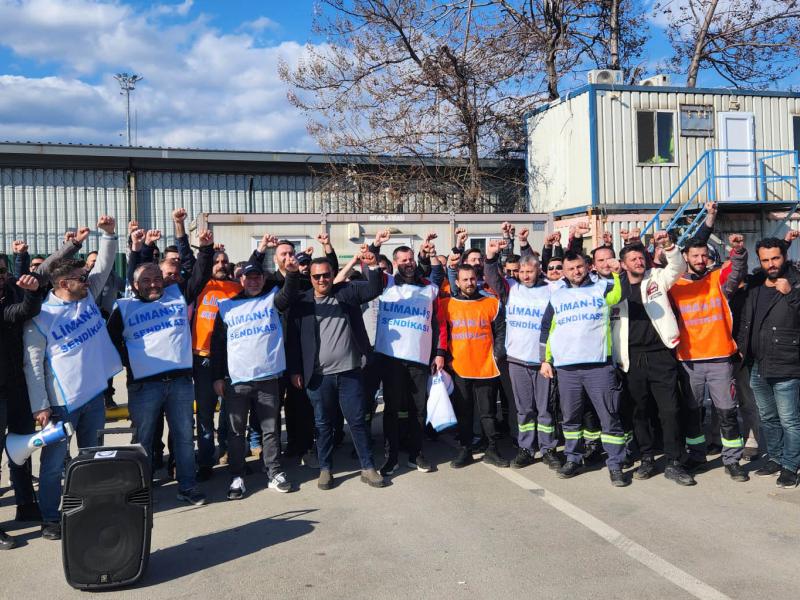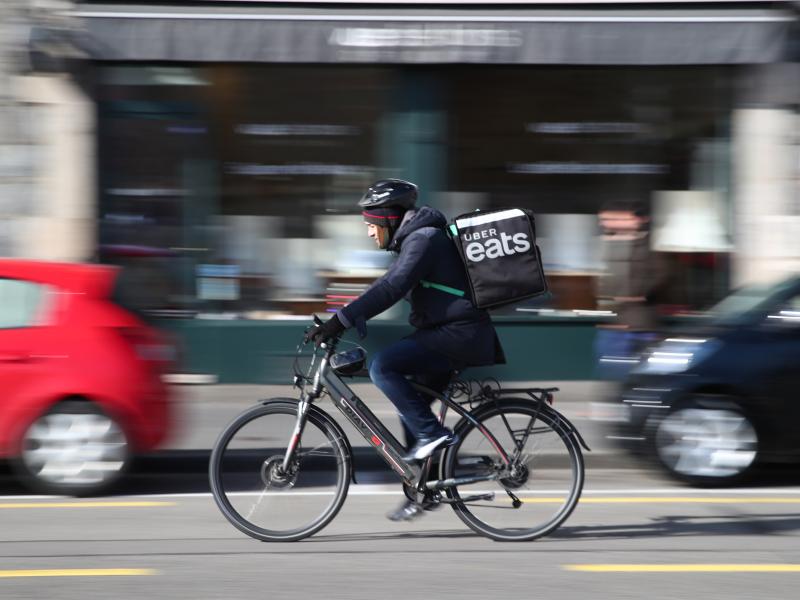There are many heroes in this pandemic. Frontline health workers and scientists have worked around the clock throughout Covid-19 in the trenches. But transport workers have been there too, getting our communities to work, to schools and other essential services, and driving the wheels of national and international supply chains.
It’s a hard and undeniable fact that transport workers have had neither the recognition nor the support they deserve. Every day throughout the pandemic, transport workers have risked their lives to keep the world moving. This has not come without a price.
Today, on International Workers’ Memorial Day, we pay tribute to the untold number of transport workers who have died or become ill with Covid-19 through exposure in the workplace.
London bus drivers, for example, have been up to three times more likely to die from Covid-19 than the general London population. These startling figures are echoed in research and data in other countries. On trains, planes, trams and buses, workers have faced up to their professional and moral responsibilities. What would have been the consequences if they didn’t and stayed at home?
One might think seafarers would be safe in the relative isolation out at sea, but the opposite has been and still is the case. Many have found themselves in a wrenching physical and emotional dilemma as travel and border restrictions have prevented them from signing off ships even after their scheduled duty, barring them from returning home month after month. In extreme cases seafarers have been onboard for nearly two years in a form of forced imprisonment.
At the peak, there were over 400,000 crew stranded and even after the impact on the global economy became clear, there are still around 200,000 seafarers trapped onboard vessels globally
People in transport must be respected and acknowledged for their sacrifices as key workers in our global economy. Special provisions for their movement between countries must be allowed. It is clearly a civil and human inalienable right to have that protection in an international workforce. Yet many governments have been slow or unwilling to act.
The failure to support transport workers is essentially a failure of health policy itself.
With the roll-out of vaccines underway in some countries, the ITF is continuing to assert advocacy on behalf of transport workers to be prioritised in vaccination programmes, after health workers. It is an undeniable economic and social risk mitigation to protect those who will be at the heart of our economic recovery, and those at increased risk. One South East Asian study put transport workers second most at risk only to health workers.
This is the only functional and effective approach and is in line with the World Health Organisation’s (WHO) roadmap for prioritising vaccine use, which puts transport workers in the second highest priority group. Last month, WHO and four other UN organisations called for seafarers and aircrew to be vaccinated as a priority.
Singapore is one country leading the way, having prioritised frontline transport workers for vaccination. Very soon, people will be able to use any part of Singapore’s transport system knowing that the people who work in it are vaccinated.
The ITF is calling on all countries to look closely at the benefits of prioritising vaccination for transport workers — for their economies, their health strategies and on humanitarian grounds.
Crucially, governments must work towards a fair global distribution of vaccines and support the COVAX initiative, in recognition that no one is safe until everyone is safe. The current surges in Covid-19 in India and Brazil highlight just how precarious and fragile the global situation is.
We strongly oppose vaccine nationalism and are agitating that big pharma companies share their technology to increase production, distribution and access to vaccines beyond wealthy countries and economic and social elites. Patenting in essence is profiteering, access to all vaccines must be regulated as a fundamental human right.
We’re also asking other countries to prioritise transport worker vaccination more effectively and across all worker types. Countries like Australia and Germany have only prioritised workers associated with the most essential infrastructure, such as the food supply chain. This disregards and is indeed counter intuitive to the wider social and economic benefits that could be achieved by prioritising all transport workers for vaccines.
In various ways, all around the world, transport workers have been putting their lives on the line. It’s time their vital roles are fully recognised by governments. Transport workers on the ground, in the air and across the oceans are doing their thing with determination, courage and commitment. It’s time for many governments to turn up for the fight and join them.


